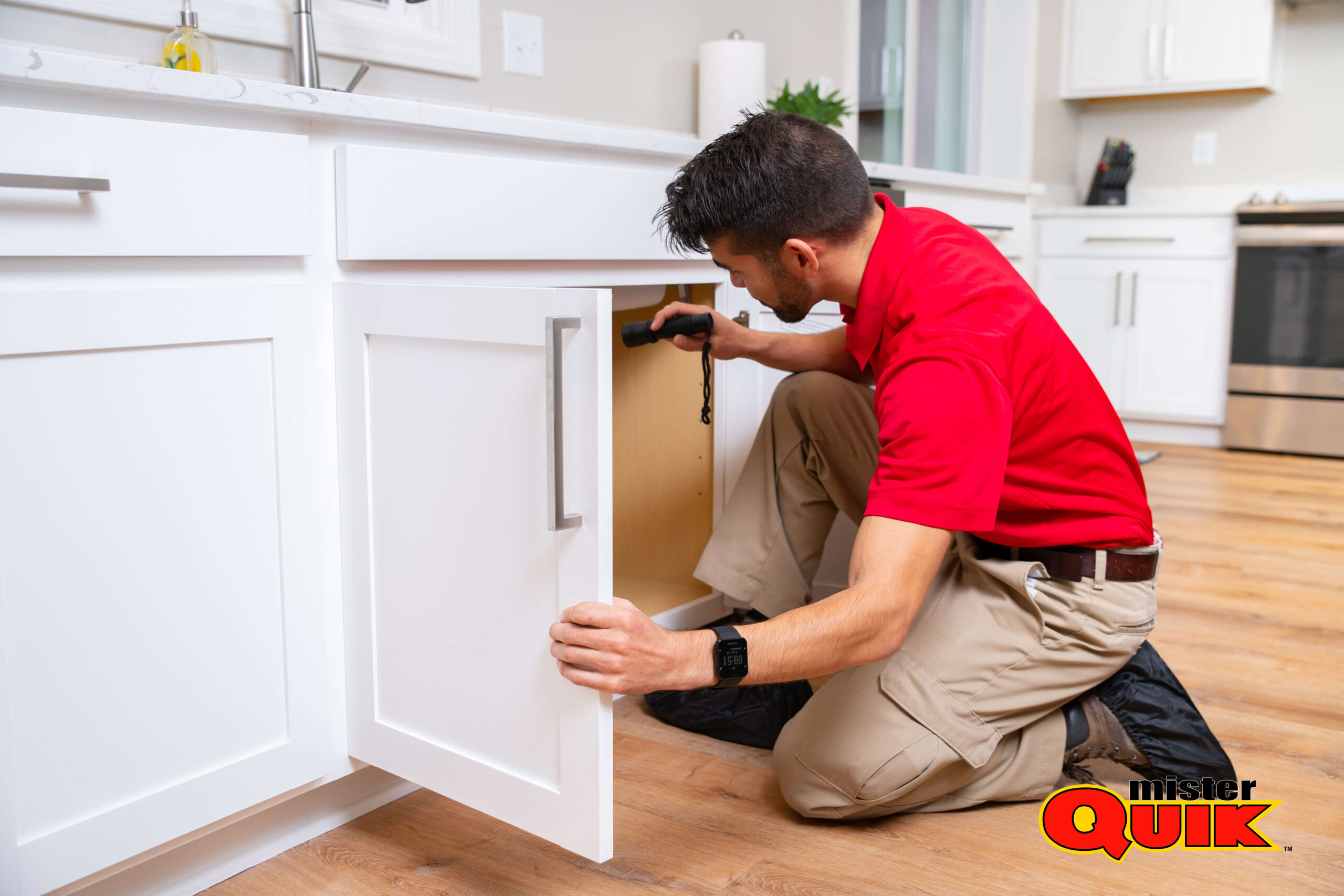
Water Hardness
Checking water hardness is essential for understanding the quality of water in your area. Here’s how you can do it easily:
1. Water Testing Kits: Water testing kits are readily available at hardware stores or online. These kits typically come with test strips or solutions that change color based on the water’s hardness level. Simply follow the instructions provided with the kit to perform the test at home. It’s a quick and straightforward way to get an estimate of your water hardness.
2. Professional Testing Services: For a more accurate assessment of water hardness, consider hiring a professional water quality testing service. These professionals use specialized equipment and techniques to measure various parameters of your water, including hardness. They can provide detailed reports and recommendations based on their findings, helping you understand the water quality in your area more comprehensively.
3. Observational Signs: Sometimes, you can gauge water hardness by observing certain signs around your home. For example, if you notice limescale buildup on faucets and fixtures, soap scum in sinks and bathtubs, or difficulty lathering soap and detergent, it could indicate hard water. While these signs may not provide precise measurements, they can give you an indication that your water might be hard.
4. Municipal Reports: Many municipal water suppliers provide annual water quality reports to their customers. These reports typically include information about water hardness and other relevant parameters. You can request a copy of the report from your water supplier or check their website for access to the latest water quality data for your area.
By checking water hardness, you can gain valuable insights into the quality of water in your area.










